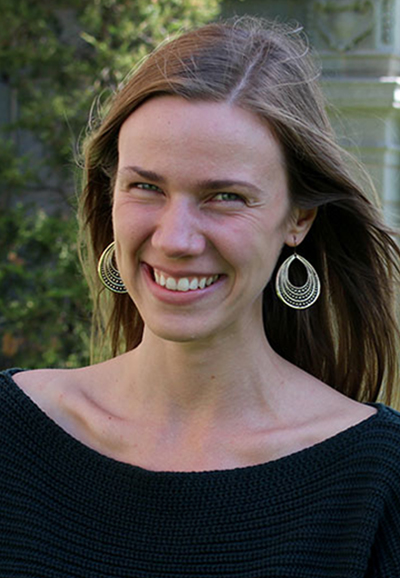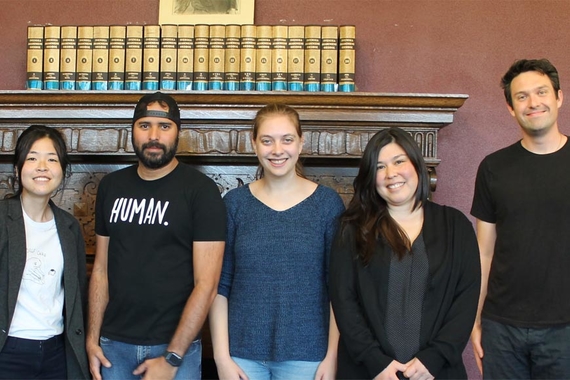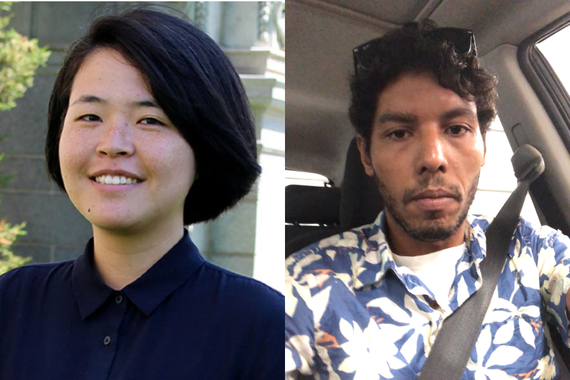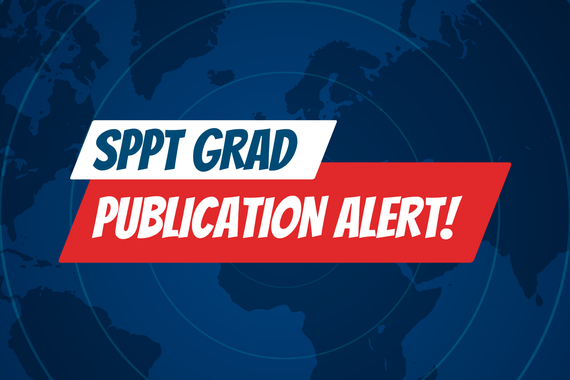Graduate Student Research Projects: Emma Jasnoch

Emma Jasnoch, MA, is a PhD candidate in the Hispanic and Lusophone Literatures, Cultures, & Linguistics Program in the Department of Spanish & Portuguese Studies. She earned her BA from Gustavus Adolphus College in 2016 and studied at the Universidad Nacional de Cuyo in Argentina.
Emma will be spending the 2020-2021 academic year as a fellow of the Harold Leonard Memorial Fellowship in Film Study. This endowed fellowship is for doctoral students pursuing well-defined research or study in which film history, criticism, theory, or aesthetics is the major focus of the research.
Her research focuses on sound in Latin American film since the 1990s. Generally speaking, this is a new wave of cinema that must reconcile unique social preoccupations and economic conditions of production with aesthetic choices. Emma is interested in how the stories and traumas in these particular films are “told” to us within the acoustic, or more specifically, acousmatic plane, and how diverse modes of vocality generate their own enunciative spaces through tensions with what is visible or not. For Emma, the unstable overlapping and discord between sound and image is, in many ways, almost like a form of trauma that can resonate on a formal level within a film’s content.
In film analysis, she explains, there tends to be a heavy focus on the visual component of the “audio-visual.” This is rooted in a larger culture of visual primacy that effectively dismisses other senses as inferior or less useful modes of interacting with the environment. Recently, sound studies has developed as a field that reclaims the acoustic within cultural studies and even daily life. She is currently working with a large pool of films across Latin America, from Mexico, Cuba, Peru and Argentina.
Acousmatic sound, or sounds that are produced with no identifiable source, are particularly interesting to Emma because they come from a place of displacement. She explains that the audio-visual binary is not so black and white, and the space between is certainly messy. “I consider that a useful way to navigate this interstice is by thinking through acousmaticity as a point of departure, because its entire enunciation depends on an upset of the audio-visual relationship. In this way, acousmaticity and trauma find points of compatibility, based on their ruptures, returns and resonances.”
When we asked her about how COVID-19 has impacted her plans, she said that she was not able to travel anymore for research purposes, but felt lucky that the film studies field is, in general, largely compatible and even quite creative with virtual platforms. Many film festivals are finding ways to do live streaming, and archives are being made available online. There are also directors and sound designers that are using social media and streaming as a means of promoting and discussing the aesthetic and economic processes of their work. So in this sense, she will have an abundance of online navigation to do while being able to stay safe at home. For Emma there’s nothing quite like going out to a movie shown “on the big screen,” but “I’m not quite a purist either”, she added, “the cinema has already been adapting to home spaces for years and COVID-19 is merely exacerbating these viewing practices within the private sphere.”
The Leonard fellowship will allow Emma to dedicate her time to her dissertation, which involves a lot of screentime with heavy loads of reading, writing, and watching films. In addition, this year she plans on taking an online course on the digital humanities as a means of framing film studies, which in the long run she would like to consider when developing her own courses on Hispanic culture.


